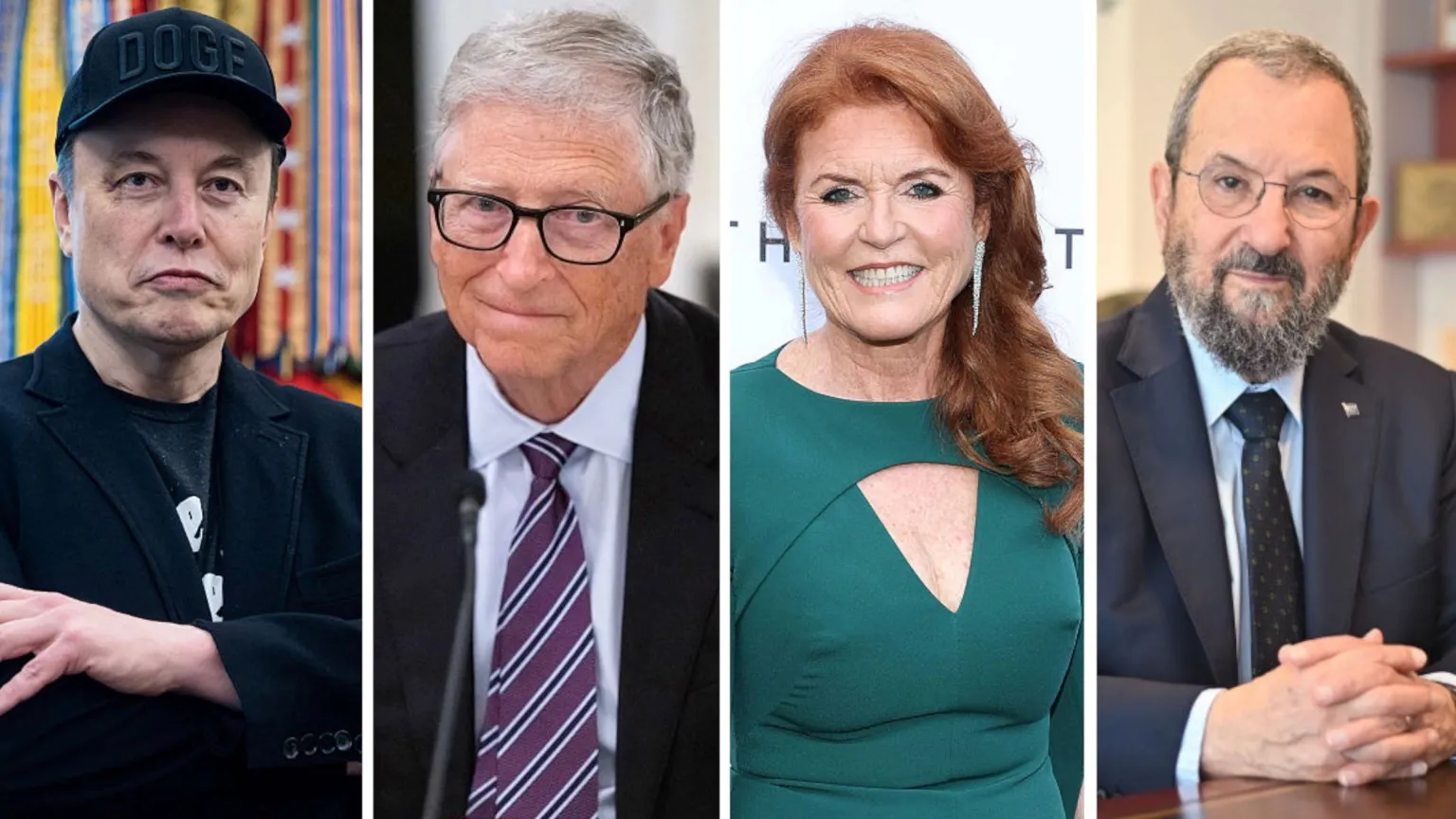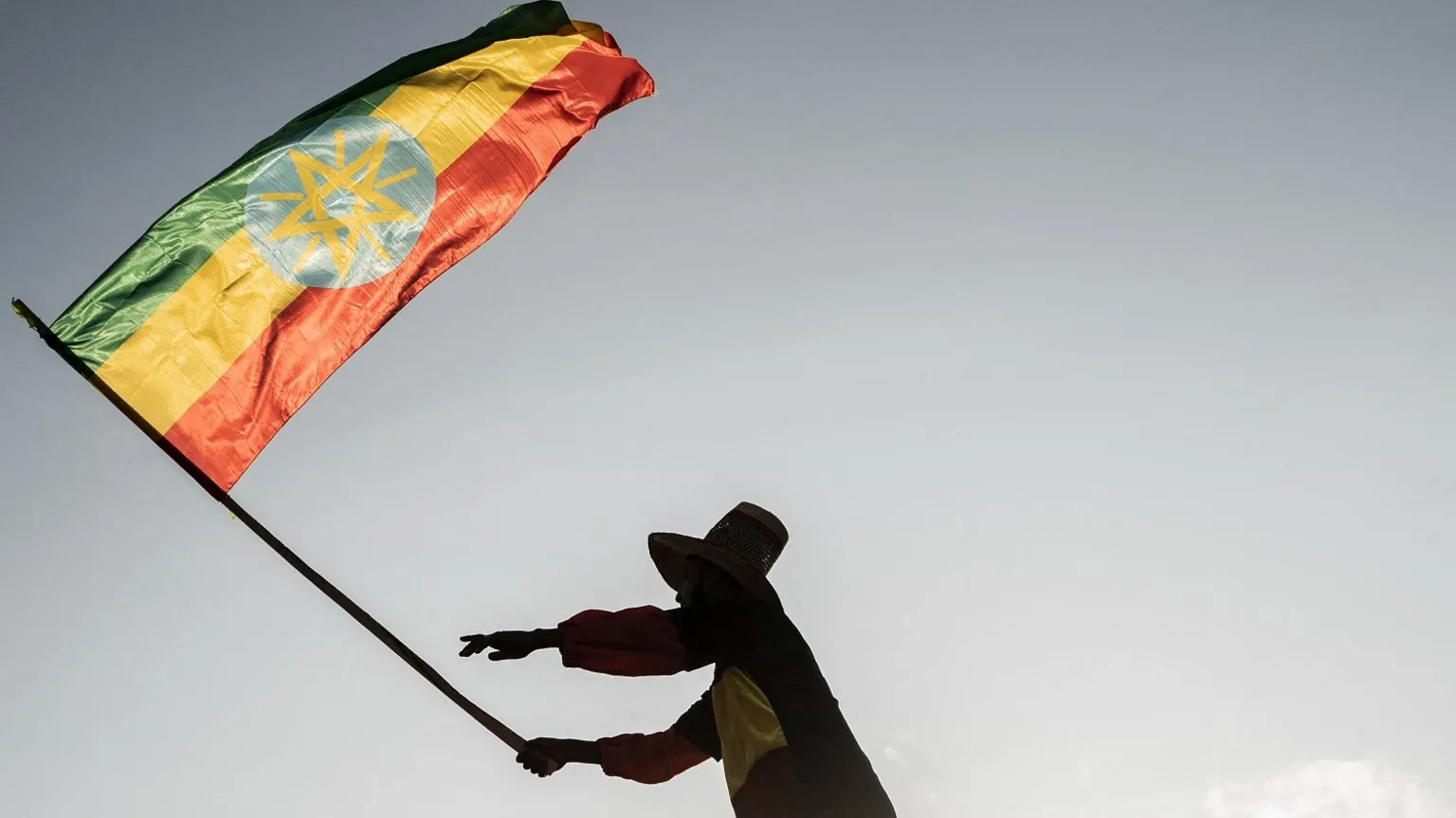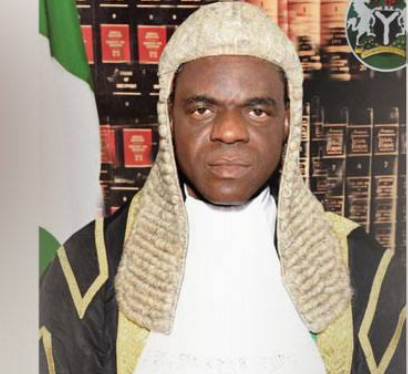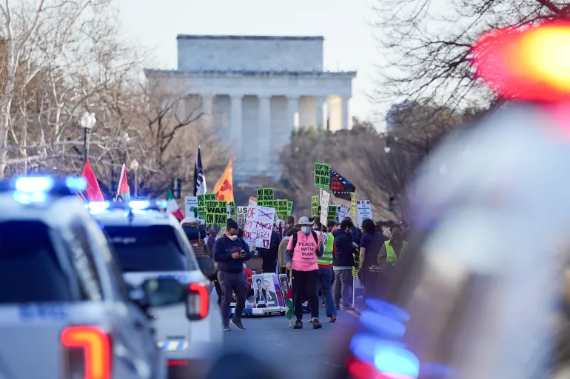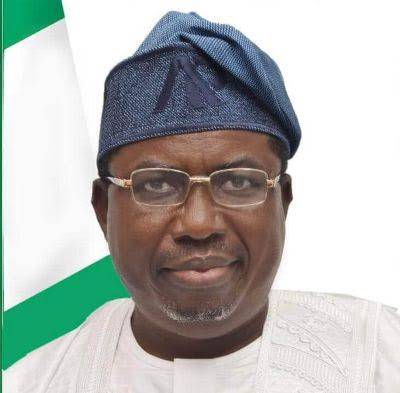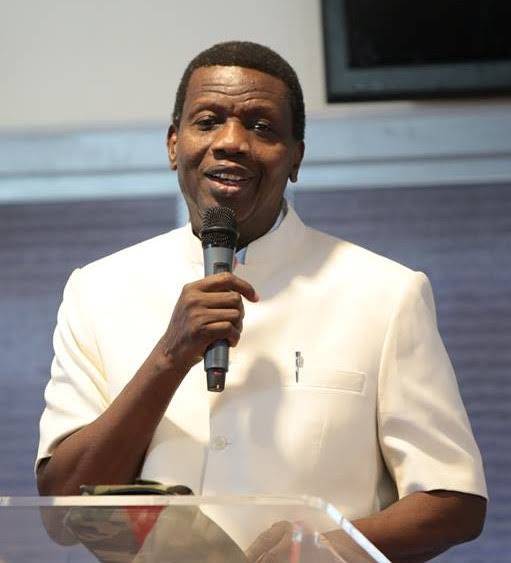By Segun Ayobolu
This is one of the most critical periods in the history of Nigeria particularly since the commencement of this dispensation in 1999. The old Nigeria, sustained largely on fuel subsidies that had become hardly sustainable and parallel exchange rate markets that bred criminal and humongous accumulation by a privileged elite, is dying.
A new Nigeria is struggling to be born under the midwifery of the President Bola Ahmed Tinubu administration which has introduced far-reaching reforms to correct fuel subsidy and exchange rate distortions, with painful birth pang consequences for the populace.
Sections of the citizenry have severely criticized international financial institutions such as the IMF and the World Bank, which have endorsed the economic policies of the administration as being essentially on the right course and admonished that current hardships manifesting in inflationary spirals in food, healthcare, fuel, transportation, and electricity costs among others, be borne as a necessary condition for the economy transitioning to a more productive and prosperous phase. Beyond reflexive ideological opposition to the reforms, perceived in some quarters as IMF and World Bank inspired, there have been little of alternative pragmatic and realistic policy offerings to transform the nation’s economic course and unleash her latent potentials, by vehement anti-reform voices.
Meanwhile, the administration continues to intensify its efforts to make palliatives available to cushion the sufferings of the most vulnerable sections of the populace while an increasing number of state governments are channeling their significantly enhanced revenues as a result of the fuel subsidy removal to ameliorate the plight of substantial numbers of their people. It is important that the federal government periodically briefs the public on the impact the various amounts it has channeled to micro, small, and medium enterprises are making towards boosting their operational and job-generating capacities.
It is only natural and understandable that at a time of harsh economic hardships such as the country is currently experiencing, challenges around the national question will become more accentuated with some anguished voices questioning the rationality, desirability, and utility of our continued national coexistence. This is particularly so against the background of the intensively competitive and contentious nature of the last presidential elections, the outcome of which some are yet to come to terms.
The national question refers essentially to the conditions for and dilemmas arising from the exigencies of diverse ethnocultural groups cohabiting in a complex, plural polity like Nigeria. Only recently, the Yoruba ultranationalist gadfly, Sunday Igboho, led a seemingly theatrical procession to No 10 Downing Street in London in a quixotic quest to seek support for what was described as the desire of the Yoruba to exit Nigeria. The group has not responded to queries on what confers legitimacy on it to speak for the Yoruba and at which forum such a mandate was given.
On its part, the most clamorous and insistent voice for the secession of a part from Nigeria, the Indigenous Peoples of Biafra (IPOB), has apparently modified its strategies, for now, to secure the release of its leader, Nnamdi Kanu, from detention from where he is currently facing trial for treason. There is no guarantee that should it succeed in this endeavor, IPOB will not return to its erstwhile uncompromising and sometimes violent campaign for the secession of eastern Nigeria even though the degree of its support base among the Igbo people is difficult to ascertain.
Given his antecedents not only as a pro-democracy activist but even more a fierce advocate for true federalism and the affirmation of state rights as governor of Lagos State between 1999 and 2007, there are those who expected a radical disposition to the resolution of the national question by President Bola Tinubu. The President has however been quite cautious and tentative on the issue since his assumption of office and the reasons are understandable. For one, he is the custodian of a national electoral mandate comprising disparate political constituencies with divergent attitudes, understandings, and orientations to the national question. His must consequently be a balancing act, particularly in a democratic context in which his party needs broad pan-Nigerian support to retain power at the centre.
If there was any doubt about the unwavering commitment of the President and his administration to Nigeria’s continued cohesion, the Minister of Defense, who was a former governor of Jigawa State, Alhaji Mohammed Badaru Abubakar, dispelled any such notion at a recent peace meeting among feuding communities in Plateau State. Reaffirming the indivisibility of the country and the unwillingness of the federal government to permit any form of balkanization, the Minister said, “The federal government will not entertain such demand capable of causing division and disaffection among Nigerians.
Therefore, living together is not an option but an obligation. This is evident in Mr. President’s resolve to fight any secessionist agenda in any part of the country. My presence here is to fulfill my mandate as the Minister charged with the responsibility for the protection of our national territory both from external and internal aggression. Therefore, I will not relent until the Federal Government and the Ministry of Defence deploy all assets to ensure our people sleep with their eyes closed”.
There is nothing new or strange about Badaru’s submission. An elected government does not have the mandate to endorse the balkanization of the country. Referring to his oath of office to defend the territorial integrity of the United States, President Abraham Lincoln, in his first inaugural speech on March 4,1861, bluntly told those seeking to secede that “In your hands my dissatisfied fellow countrymen, and not mine, is the momentous issue of civil war…You have no oath registered in heaven to destroy the government, while I shall have the most solemn one to ‘preserve, protect and defend it’”. Continuing, he argued that “Plainly, the central idea of secession is the essence of anarchy. A majority held in restraint by constitutional checks and limitations, and always changing easily with deliberate changes of popular opinions and sentiments, is the only true sovereign of a free people. Whoever rejects it does of necessity fly to anarchy or to despotism”.
However, the PBAT administration must not create the impression that the component parts of the country are being kept together by compulsion and the force of arms. It is a far more costly and ultimately unsustainable approach to nation building. Rather, the idea of Nigeria must be made such an attractive and mutually beneficial proposition that its components will not only willingly and proudly identify with it but will also be at the forefront of voluntarily defending its continuity.
Current disaffections with Nigeria by diverse groups stem essentially from the steadily worsening economic crisis of the last two and a half decades and the deepening impoverishment of the vast majority of the people. This is why PBAT struck the right note when he recently told a delegation of the eminent group, The Patriots, which visited him that his priority was seeing his economic reforms through before dealing with their demand for a new constitution.
Of course, the administration must pay attention to the need to amend or reform those aspects of the extant constitution that hamper optimal economic productivity and efficiency, particularly of the sub-national units just as it has done with seeking greater financial autonomy for local government councils. But its central focus must be strengthening and fine-tuning its economic policies until the economy turns the tide and begins to deliver prosperity and dignified living standards for the vast majority of Nigerians.
At the root of dilemmas posed by the national question are the economic problems of pervasive poverty, debilitating inequality, widespread ignorance and illiteracy, mass youth unemployment, desperate hunger, corrosive disease, chronic infrastructure deficit, inadequate and inaccessible power supply among others. As Chief Obafemi Awolowo asserted with characteristic perspicacity over five decades ago, “My case then is that, in order to keep Nigeria harmoniously united, and, at the same time, fulfill the natural, ultimate, supreme, and inalienable purpose of that unity, the present and future rulers of this country must place the most crucial emphasis on, and attach the utmost importance to, the advancement of the economic prosperity and social well-being of the individual Nigerian citizens”.
Apart from staying the course in the implementation of its core economic reforms, the PBAT administration must also urgently address ancillary issues that have implications for the economy. For instance, if the cultural, psychological, bureaucratic and structural impediments to the speedy implementation of state police are proving difficult to surmount, the administration should fast-track its promised establishment of well-equipped, trained, and motivated forest rangers to protect farmlands and farmers across the country and help boost agricultural productivity to stem current food costs spirals.
Again, the anti-graft agencies should be further motivated and spurred not only to proactively prevent corruption but also to trace and retrieve humongous amounts of stolen funds in private hands. The President has shown a commendable sensitivity to public opinion in his recent cost-cutting reforms to the machinery of government and reshuffling of his administration’s personnel. It is a path that should be maintained and intensified.



